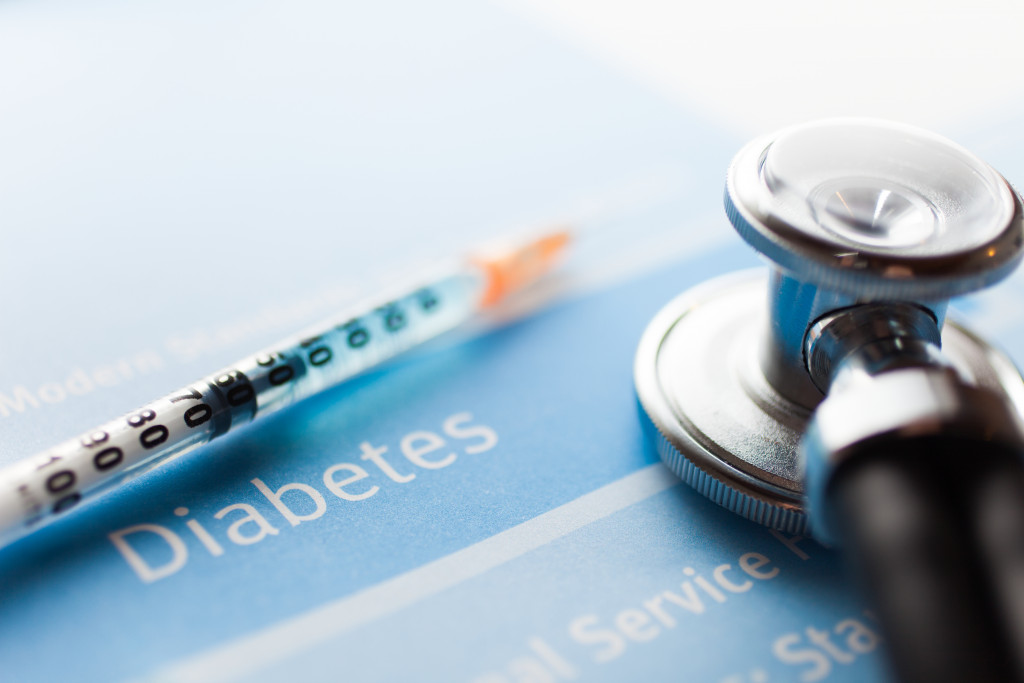- Poor nutrition can lead to numerous health issues, including obesity, chronic diseases, and vitamin deficiencies.
- Dietary habits significantly affect dental health, contributing to tooth decay, gum disease, and oral cancer.
- A diet rich in processed foods, sugar, and unhealthy fats can increase the risk of type 2 diabetes.
- Maintaining a balanced, nutritious diet and regular exercise is crucial for overall health and well-being.
Proper nutrition is paramount for maintaining overall health and well-being. It serves as the fuel for our bodies, supporting all its functions from energy provision to cell growth and repair. According to data from the World Health Organization, approximately 1.9 billion adults worldwide are overweight; of these, over 650 million are obese. These conditions are primarily attributed to poor diet and inadequate physical activity. Furthermore, the Centers for Disease Control and Prevention (CDC) reports that poor nutrition can lead to chronic diseases like heart disease and diabetes, among the leading causes of death in the United States. These numbers underscore the crucial role of balanced, healthful eating in promoting longevity and warding off disease.
Unfortunately, not many know the potential consequences of poor eating habits until it is too late. Besides the threat of obesity, here are a few other possible consequences associated with poor nutrition:
Vitamin Deficiencies
Vitamin deficiencies are a common consequence of poor eating habits. Vitamins are crucial in people’s bodies, affecting everything from the immune system to energy levels and the ability to heal. When diets lack essential vitamins, people may experience symptoms ranging from fatigue and muscle weakness to severe health conditions such as scurvy or rickets, which are caused by vitamins C and D deficiencies, respectively.
To correct vitamin deficiencies, consuming a balanced and varied diet is essential. Add fresh fruits, vegetables, lean proteins, and whole grains to your meals. These foods are packed with essential vitamins needed for optimal health. Additionally, consider a multivitamin supplement under the guidance of a healthcare provider, especially if your diet lacks certain food groups due to allergies or dietary preferences. Remember, while supplements can complement a healthy diet, they should not replace whole foods high in nutrients and dietary fiber.
Dental Health Problems

Poor nutrition can significantly impact dental health, leading to issues beyond cavities and tooth decay. The mouth is often the first area to exhibit signs of nutritional deficiencies, and regular consumption of certain types of food can also accelerate oral health problems.
Tooth Decay
Tooth decay is one of the most common dental problems resulting from poor nutrition. Consuming excessive amounts of sugar-laden foods and drinks can lead to tooth enamel erosion, the hard outer layer of your teeth. This is caused by the acids produced when sugar reacts with bacteria in plaque, leading to cavities and, if left untreated, severe toothache, infection, and tooth loss. Unfortunately, tooth loss might already be happening. In that case, affordable same-day dental implants will be necessary to avoid further dental problems.
Periodontal Disease
Periodontal disease, or gum disease, is another primary concern. Diets deficient in vitamin C can lead to this condition, characterized by swollen, bleeding gums and, if not treated, tooth loss. Severe periodontal disease is one of the leading causes of tooth loss in adults.
Oral Cancer
Poor nutrition can also increase the risk of oral cancer. Diets low in fruits and vegetables may lack the necessary antioxidants to combat the harmful effects of certain substances and free radicals, thereby increasing the risk of developing oral cancer.
Dry Mouth
Finally, insufficient water intake and lack of specific vitamins can lead to a dry mouth. This condition causes discomfort and increases the risk of tooth decay and gum disease. Saliva is vital in neutralizing acids and removing food particles, and when its production is hampered, the health of your mouth is compromised.
Diabetes

Poor nutrition can significantly contribute to diabetes, a chronic condition with elevated blood sugar levels. Consuming large amounts of processed foods, sugary drinks, high-fat meals, and a sedentary lifestyle can lead to obesity, a primary risk factor for type 2 diabetes. These unhealthy foods cause rapid spikes in blood glucose levels, putting undue stress on the insulin-producing cells in the pancreas. Over time, the body becomes resistant to insulin, and the pancreas struggles to produce enough of it, leading to persistently high blood sugar levels or diabetes.
Additionally, diets low in fiber and high in carbohydrates can further exacerbate these problems. It’s crucial to understand that a balanced, nutritious diet paired with regular exercise can significantly reduce the risk of developing diabetes. Eating various foods, including plenty of fruits, vegetables, lean proteins, and whole grains, can help maintain a healthy weight and stabilize blood sugar levels.
Final Thoughts
Eating a balanced, nutritious diet is essential for optimal health and well-being. As demonstrated above, poor nutrition can have severe consequences for physical health. From vitamin deficiencies to an increased risk of diabetes and oral cancer, the potential complications are far-reaching. Therefore, making healthy eating choices and paying close attention to your nutrition is essential to remain healthy and happy. Consulting with a healthcare professional can also help you meet your nutritional needs. So, watch what you eat and ensure it supports your overall health!



